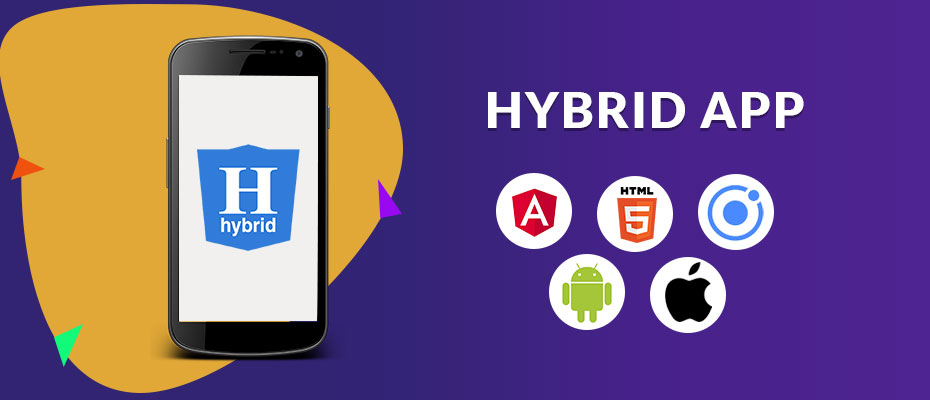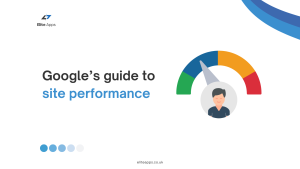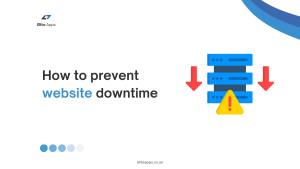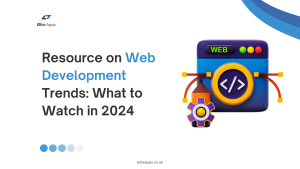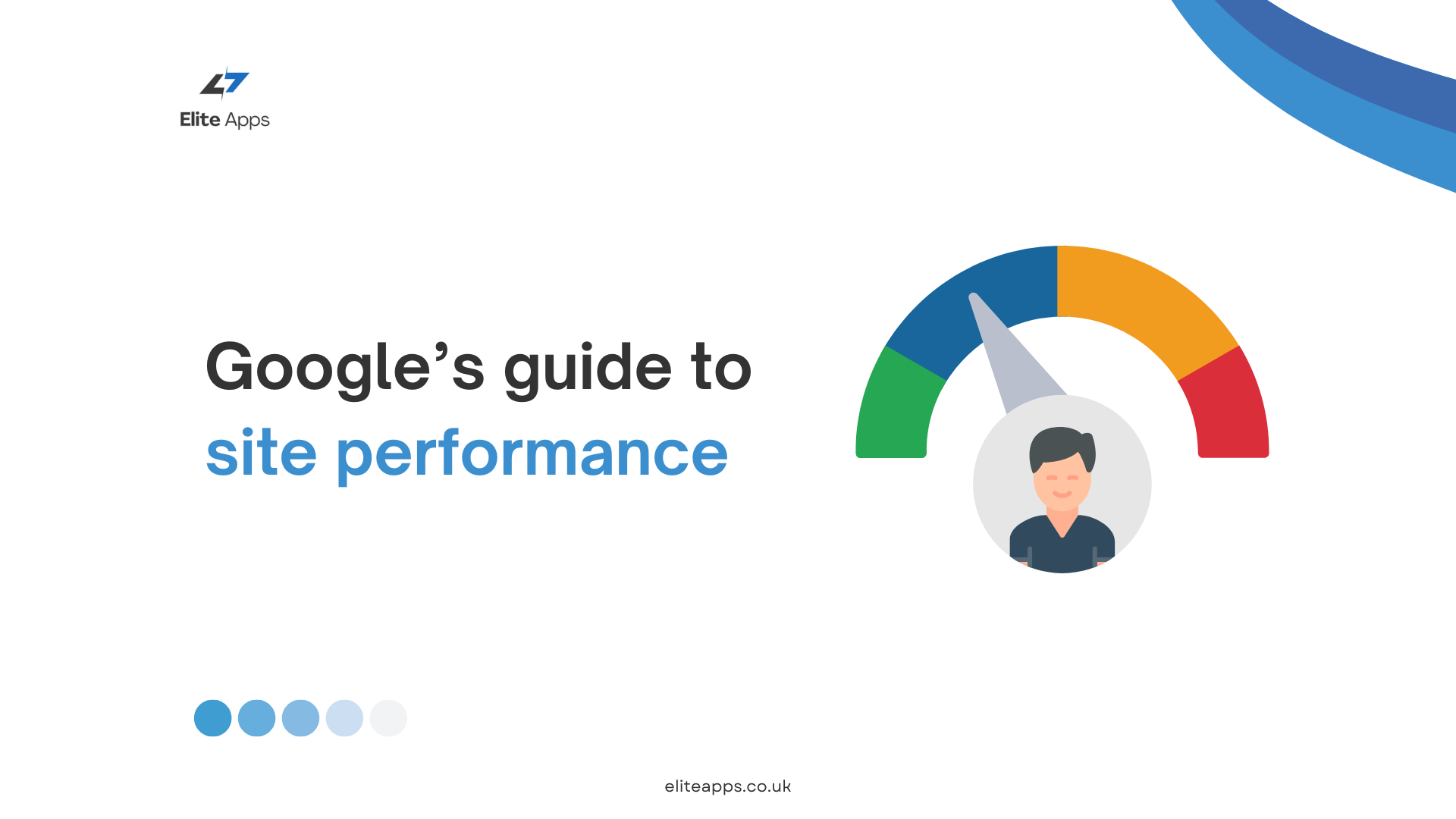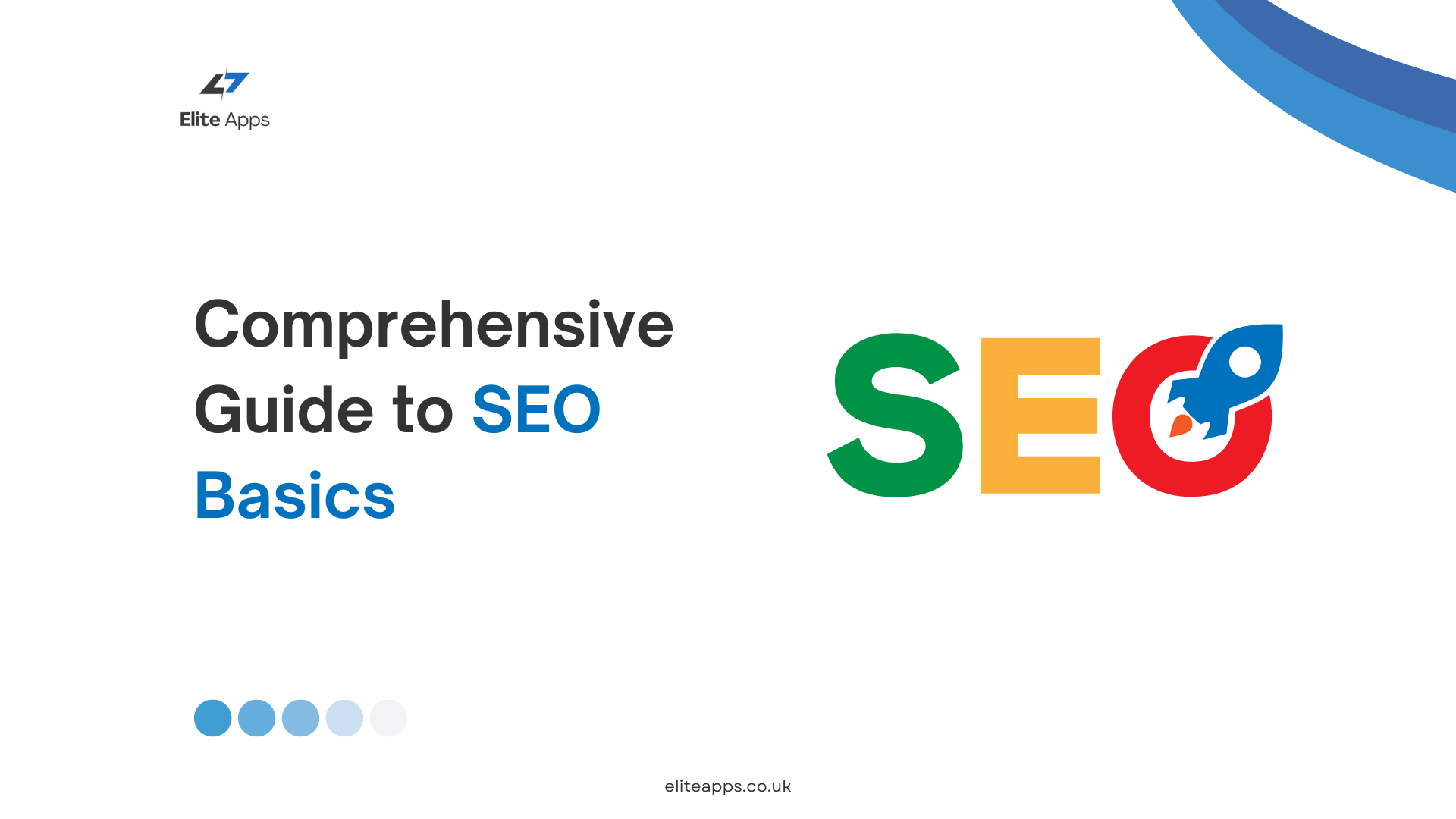Why You Should Choose Hybrid App Development
In today’s fast-paced digital world, businesses are constantly seeking efficient and cost-effective ways to reach a wider audience. Mobile applications have become essential tools for engaging customers, enhancing brand visibility, and improving user experience. However, deciding on the right app development approach can be challenging, particularly when you have to choose between native, web, and hybrid apps.
Hybrid app development has emerged as a popular option that combines the strengths of both web and native applications. In this blog, we’ll explore why hybrid apps might be the right choice for your business and the advantages they offer.
What is a Hybrid App?
A hybrid app is a mobile application built using web technologies like HTML, CSS, and JavaScript but wrapped in a native shell that allows it to run on multiple platforms like iOS and Android. Hybrid apps offer a balance between the performance of native apps and the flexibility of web apps, all with the convenience of a single codebase.
Advantages of Hybrid App Development
1. Cost-Effective Development
One of the most significant advantages of hybrid app development is its reduced cost. Since hybrid apps share a single codebase across multiple platforms, businesses don’t need to build separate apps for iOS, Android, and other platforms. This significantly cuts down on development costs and allows businesses to allocate resources more efficiently.
By choosing hybrid development, businesses can reduce the time and costs associated with maintaining multiple codebases, all while reaching users across various platforms.
2. Faster Time to Market
In today’s competitive environment, speed is critical. Hybrid apps allow businesses to develop and launch apps much faster than native apps. With a single codebase that can be deployed across multiple platforms, hybrid app development shortens the overall development time.
This rapid development process is especially beneficial for startups and businesses looking to release a Minimum Viable Product (MVP) to test the market quickly.
3. Cross-Platform Compatibility
Hybrid apps provide seamless cross-platform compatibility, allowing them to function on both Android and iOS devices. This enables businesses to reach a wider audience without investing in separate development projects for each platform.
With a hybrid app, your users can enjoy a consistent experience whether they use an Android or iOS device.
4. Easy Maintenance and Updates
Maintaining multiple codebases for native apps can be a time-consuming and expensive process. Hybrid apps simplify this by requiring only one codebase to manage. When you need to fix bugs or introduce new features, changes can be implemented once and rolled out across all platforms simultaneously.
Updates can also be pushed to users instantly without needing them to download new versions from the app store—this ensures that your app is always up-to-date.
5. Offline Functionality
Hybrid apps can offer offline capabilities by using locally stored data to deliver certain functionalities when users are offline or have weak internet connections. This ensures that the app remains functional, providing a seamless user experience even when the network is unreliable.
For businesses that need apps to function in remote areas or regions with poor connectivity, hybrid apps offer a dependable solution.
6. Access to Native Features
Despite being built using web technologies, hybrid apps can still access many native features of the device. Through frameworks like Apache Cordova or Ionic, hybrid apps can access functionalities such as the camera, GPS, and push notifications.
This allows users to enjoy an experience similar to that of native apps, while development remains more cost-effective.
7. Scalability
As your app grows, hybrid apps offer an easily scalable solution. With a single codebase, adding new features or updating existing ones is faster and simpler, reducing development time as your app evolves.
Hybrid apps are an excellent choice for businesses planning to scale quickly and efficiently.
When Should You Choose a Hybrid App?
Hybrid app development is a great option in many scenarios, but it’s important to assess whether it aligns with your specific needs. You should consider a hybrid app if:
- You want to develop and launch an app quickly with a limited budget.
- You need your app to be available on multiple platforms, including both Android and iOS.
- Your app doesn’t require complex animations or high-performance tasks that are better suited for native apps.
- You are focusing on content-driven apps such as news, blogs, or eCommerce platforms.
However, if your app requires high performance or complex functionalities, a native app may be a better option. Still, for many businesses, hybrid apps provide the perfect balance between performance, cost, and flexibility.
Conclusion
Hybrid app development offers a cost-effective, scalable, and efficient solution for businesses seeking to reach a broad audience across multiple platforms. With a faster development cycle, easy maintenance, and access to native features, hybrid apps balance web and native app development approaches. They’re an excellent choice for businesses wanting to launch quickly, reduce costs, and deliver a great user experience.
If you’re looking for a flexible app development solution that saves time and money while providing an engaging user experience, hybrid app development might be the right fit for your next project. Explore more about hybrid app development frameworks like Ionic and React Native to get started.

